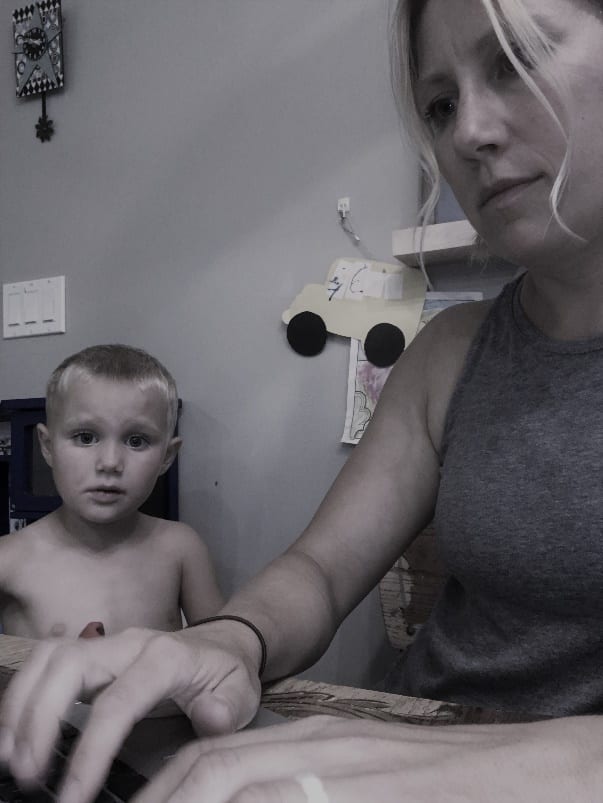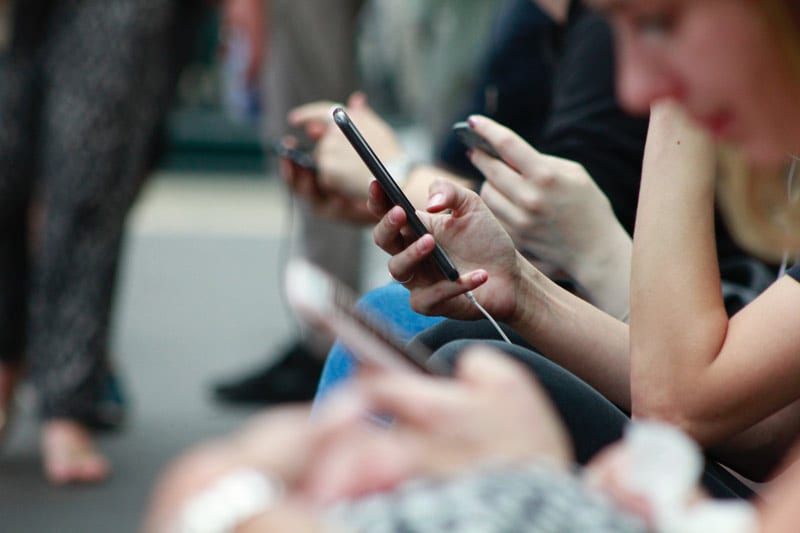The Dance
I’ve been doing the dance for a while now. This constant back and forth motion to find where I fit in with the virtual world. Do I fully engage on the popular social media platforms? Do I simply post? Just scroll? Or should I cut it out completely? I can’t be like everyone else seems to be – just content online. I am someone prone to depression. I’ve experienced it. It’s still on edge – ready to be provoked. New experiences have taught me the virtual world awakens those demons.
Attempts at Online Life
It only took engaging with a few popular platforms before I knew something was off. Facebook generally just made me feel bad. Therefore, I left it and felt that my social life had survived. But feelings of guilt and missing out commanded I be online. Hence, I moved on to the next platform, Instagram.
At first, I thought Instagram was making me happy. It was less noisy and more like the creative outlet I craved. It sucked me in, and my need for expression fast-forwarded into an attempt to be a “mild influencer.” I was reinforced with a ping of joy every time I received a notification. Then I noticed the costs.
The first cost of this perceived joy was time. It meant liking and posting to no end. It meant crafting exemplary photos and pairing them with short, clever captions. The second cost was mental fallout in earning less than stellar reviews on any post. It awakened familiar feelings that made it no longer worth it.
Sometimes I Just Felt Instabad
Many times, my depressive moments had a chemical basis. But more often, negative thought patterns – cognitive distortions – were the culprit. My mind deducted my self-worth anytime I noticed a flaw within myself. Upon realizing, I worked out strategies to restructure the destructive thoughts. I accepted that I will always be prone to depression, but overall I felt cured.
That is until social media became part of my daily life. Applying the strategies online proved much more onerous. A 5-second scroll did not give my brain a chance to counteract the bad thoughts, shifting my mood from neutral to irritated in 0.6 seconds. And when my depressive moments were chemically based? Perhaps I could have pushed through the feelings faster had I not decided to search online for vindication that I was rightfully depressed.
Misery’s Search for Company
I hypothesized that our minds naturally gravitate toward online noise that validates what we are most sensitive about. A social media newsfeed is on constant standby with a plethora of stimuli ready to confirm whatever negative thoughts lay dormant in my mind. Those thoughts could not be defeated because there was simply too much hard evidence supporting them.
I personally stand unaffected by divisive political posts and photos of travel on the coast of somewhere beautiful. My mind fixates on inadequacies unique to me. When I was discontent with my social life, large neon signs of those “friending” without me grabbed my attention. A quick scroll showed if they didn’t invite me or when I wasn’t tagged for National Friends Day. If the newsfeed was not enough, checking the status of likes on my posts compared to others gave me many more reasons to feel bad. It was solid validation that I am flawed, thus not valuable – and that is reason to be depressed.
Likes as a Measure of Self-Worth
Likes were an easy way to gauge approval or disapproval of how I presented myself online. The virtual collection of old friends, new friends, and acquaintances all took on the job of quantifying my worth. Checking the notifications on something I put out to the virtual world could make or break me.
It was one thing to post advertisements about our small business and not get likes. But failing to get a hundred likes for a post that felt so open and honest was another. When I did not earn enough likes, it left me cleaning up the mess of ruminating thoughts. Thoughts that told me, “you are not worth them taking the time to double-tap their screen.”
Even knowing all the factors that play a role in engagement, I still let the number of likes determine how I felt about myself. In the end, I concluded that “people just don’t genuinely like me – at least not social media me.” I found myself back at square one – working to avoid what brought me here or to accept what I had discovered.
Do I Continue the Dance, or Do I Quit?
I knew that to maintain a social media presence, I would have to do the work to prevent the noise and the likes from reigniting my negative thought patterns. But just the amount of time the processing of these thoughts took away from my family was alarming.
So, I quit the dance. When it comes to social media, I now follow my own social norms. I “unfollow,” “mute,” delete, post, as I see fit. And until I deem it worthy of re-training my brain to function fully in the virtual world, I focus my energy on the real one I live and breathe in as I can now think of a million +1 better ways to spend my time.

The opinions and views expressed in any guest blog post do not necessarily reflect those of www.rtor.org or its sponsor, Laurel House, Inc. The author and www.rtor.org have no affiliations with any products or services mentioned in the article or linked to therein. Guest Authors may have affiliations to products mentioned or linked to in their author bios only.
Recommended for You
- How a Health Cleanse Can Reset Your Body and Mind - April 16, 2025
- The Truth about Relapse in Addiction Recovery - April 14, 2025
- The Power of Peer Support in Mental Health Recovery - April 10, 2025






Um I totally loved, and connected with this post! It is refreshing and honest and I love it. Thank you!